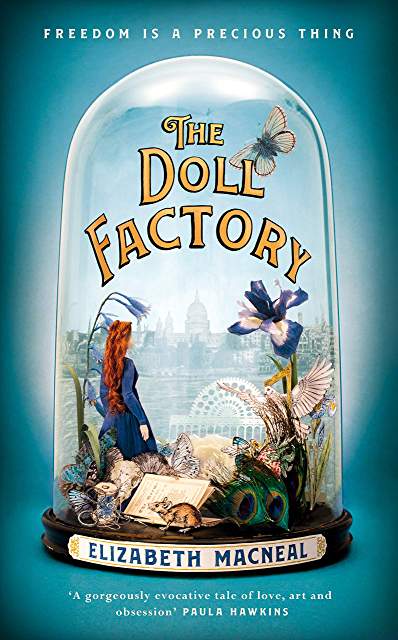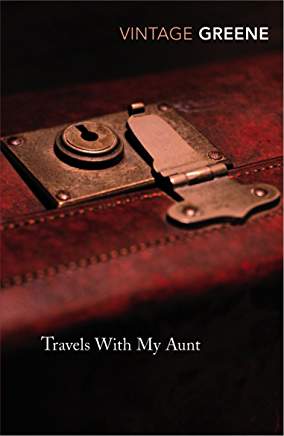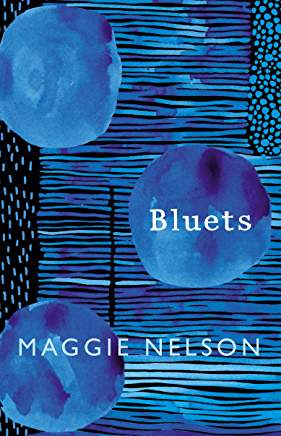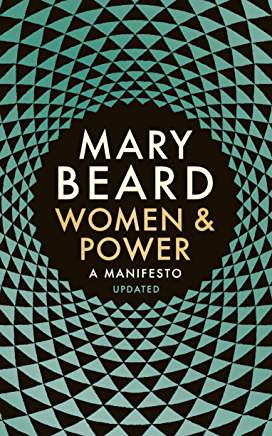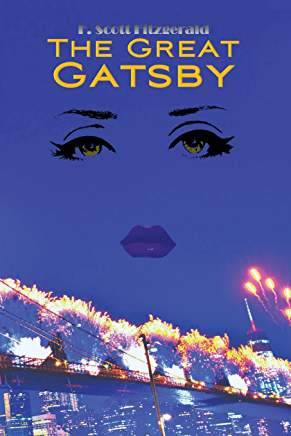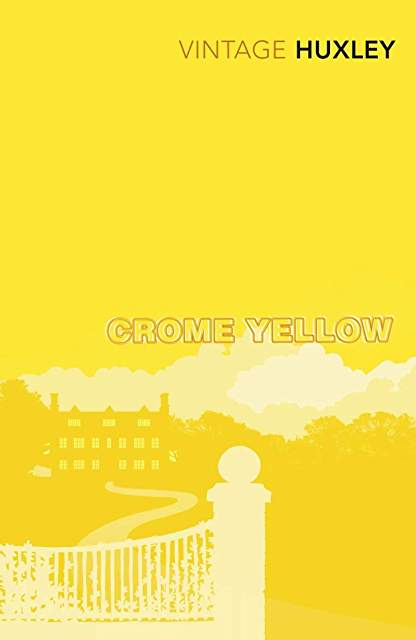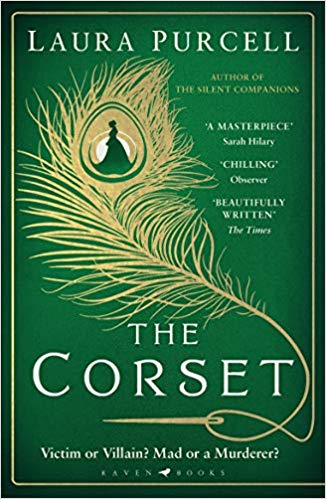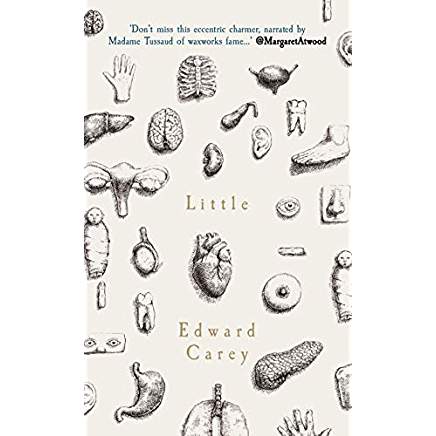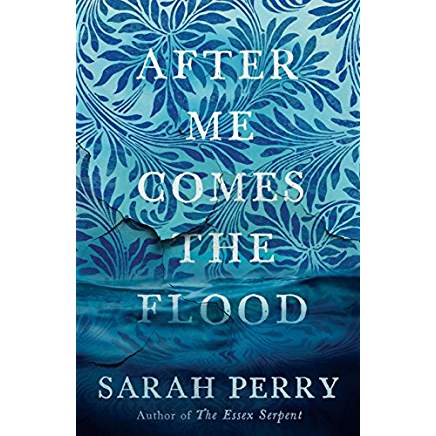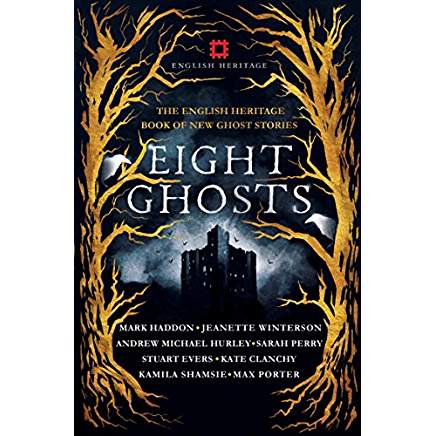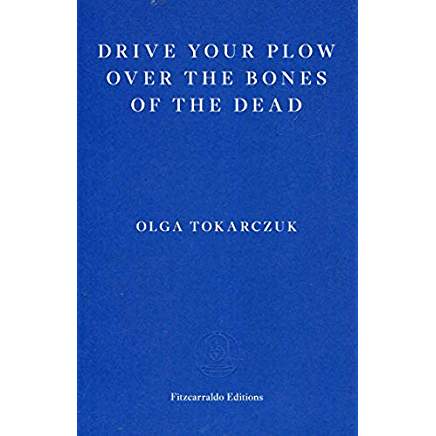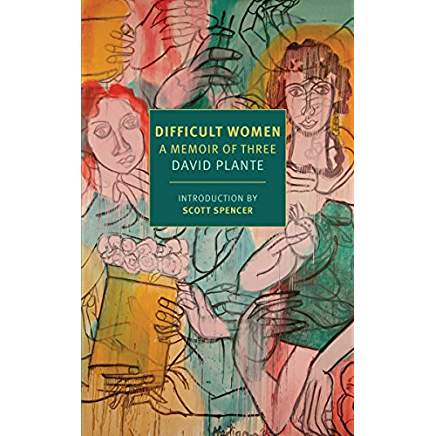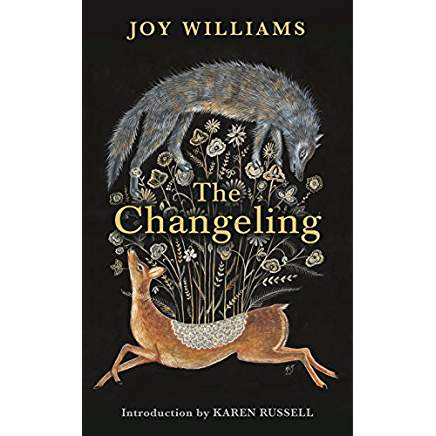I genuinely thought I had read more than three books this month but the reality is that I have read many chapters of textbooks, several essays and a few books have been started but not necessarily completed. Maybe next month I’ll have more to talk about, but for now the books I read in full in September are as follows:
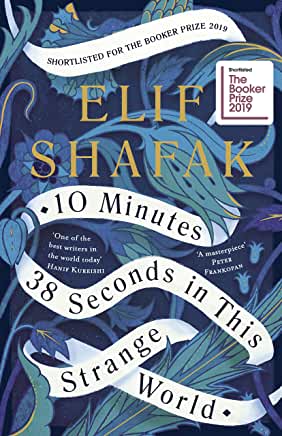
10 Minutes 38 seconds in This Strange World – Elif Shafak
I really enjoyed this book. It starts with the death of a sex worker in Istanbul and then relays her life story through her memories. What is interesting is that the memories are each triggered by a smell in the 10 minutes and 38 seconds after her death, whilst there is still activity in her brain. The first part of the book tells of Leila’s childhood and how she got where she is. Shafak writes in such a way that we care for Leila and her quirky band of outcast friends. The second part is very different but somehow works. I won’t give spoilers but it moves from the perspective of Leila’s memories to how her friends cope with her death. It even manages to encapsulate some black humour. It is simply a really enjoyable read with a structure and idea which feels fresh. If I have to criticise anything it would be the stereotypical (although true to life I’m sure) storyline of childhood abuse, running away and turning to prostitution.
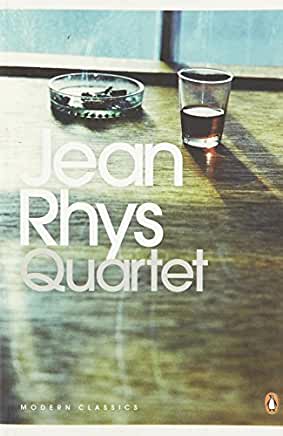
Quartet – Jean Rhys
This is an impressively well-written description of an affair. It is evident that Rhys carefully choses her words and each sentence is meticulously crafted. Not only does this mean that her novel is a mere 144 pages long but she manages within so few pages to pack a punch. Quartet is the story of two couples. One couple is Lois, a well known artist and her husband, Heidler and the other is Stephan and his wife, Marya. When Stephan ends up in prison Heidler and Lois take Marya under their wing and invite her to live with them. This is all very charitable until Heidler decides he wishes to have an affair with Marya. What I found most interesting about the novel was the relationship dynamics between each of the characters. Marya is basically treated as a servant/ prostitute by the Heidlers, with Lois in apparent control of this situation at all times. This is a clever story and one I would highly recommend.
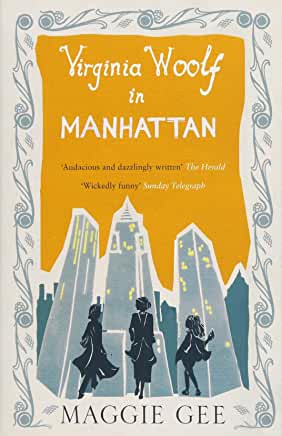
Virginia Woolf in Manhattan – Maggie Gee
Another novel this month with an original idea. This time Virginia Woolf comes back to life in a library in New York and Angela Lamb, a university Professor, by being in the vicinity becomes her carer for the duration of the novel. Like I said it is an original idea and it is executed fairly well. There are several clever references throughout the text to Woolf and her novels which fans will enjoy, and Gee’s depiction of Woolf’s personality is how I imagined she would have been, e.g. her confident and competent dealings with the bookshop staff. However, and this is a big disappointment, the ending is not good. Suddenly the book goes from a fun romp across New York and Istanbul to a weak philosophical lecture. It really didn’t work for me and Gee’s final treatment of Woolf just doesn’t quite ring true. Read it, it’s fun but please don’t expect too much.
